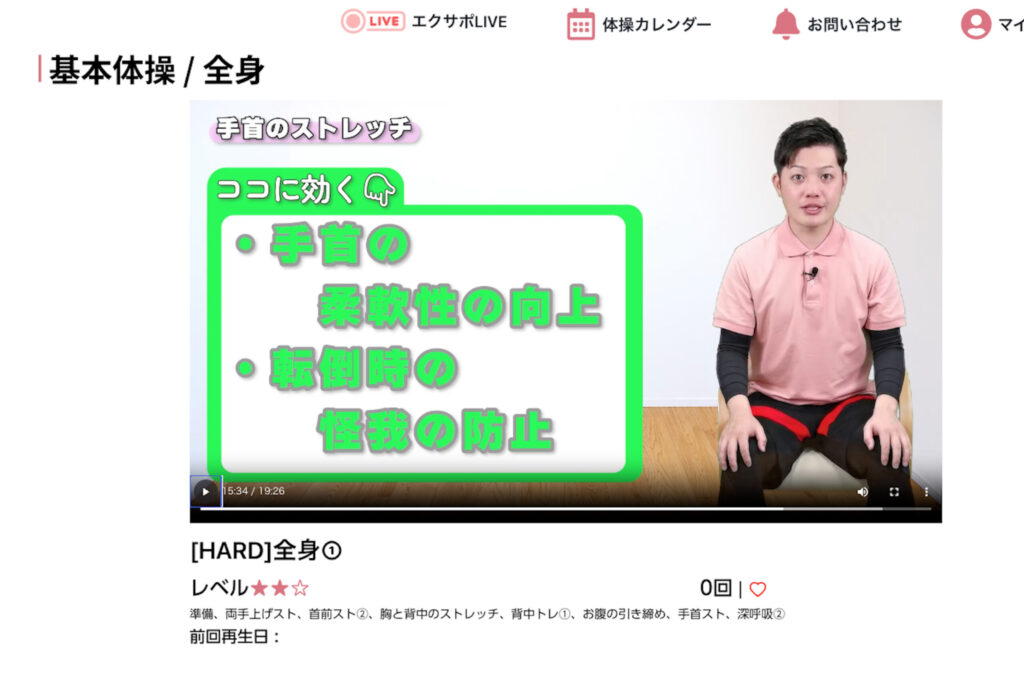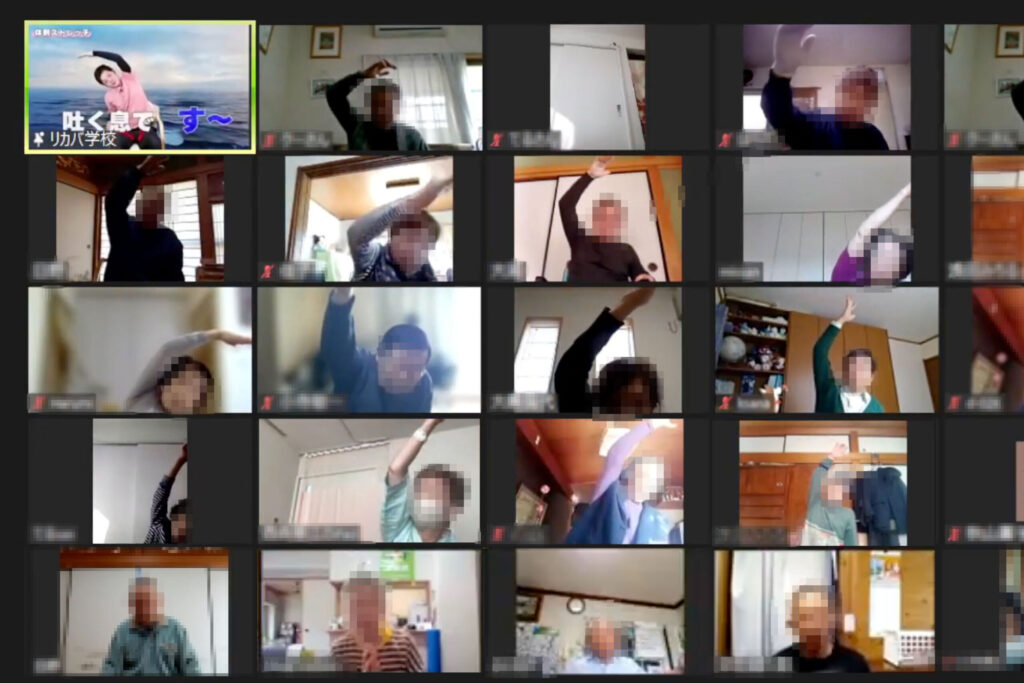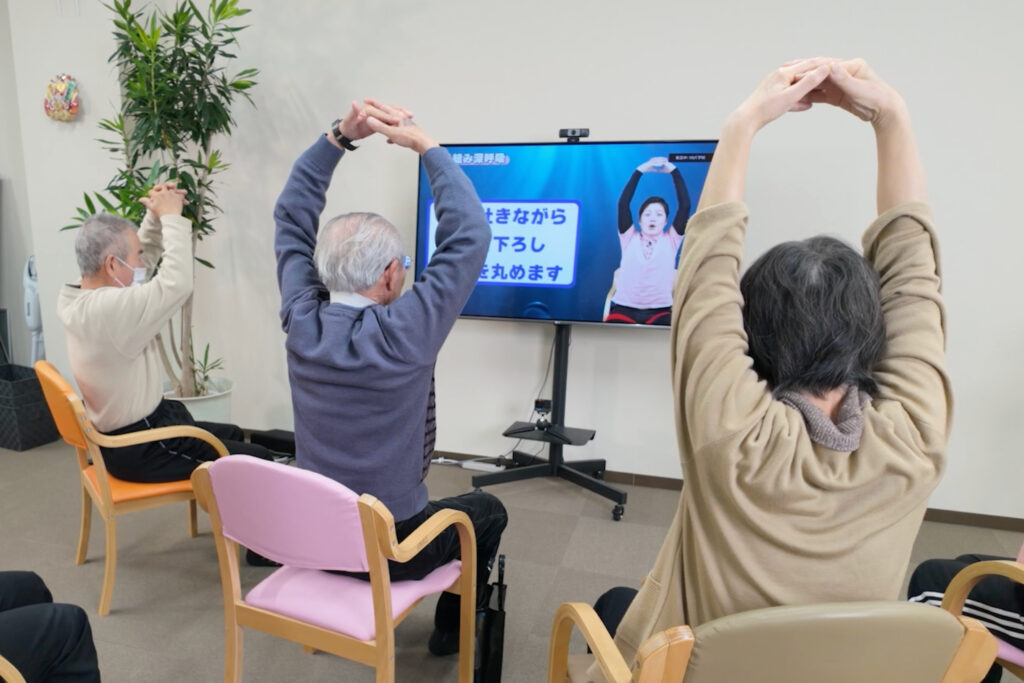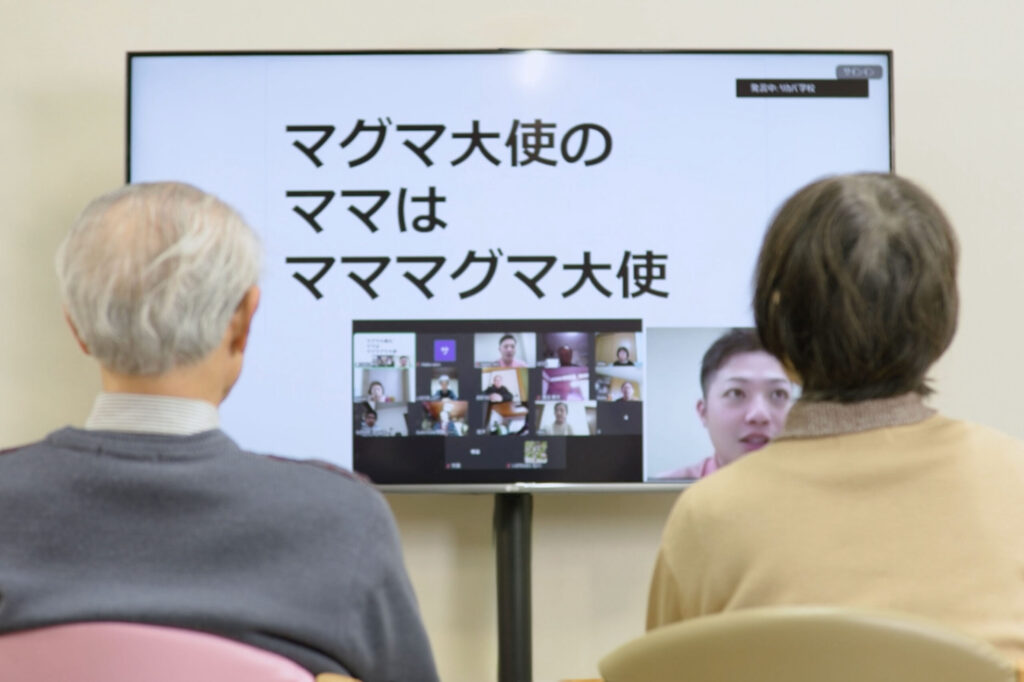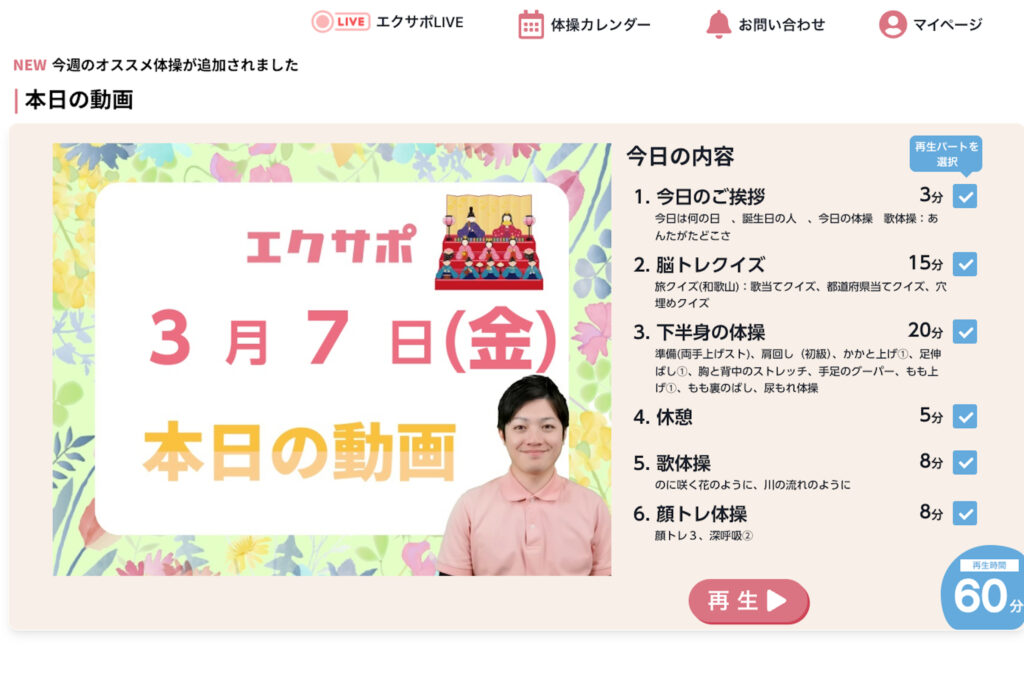2024 HAPI Second Prize Winner
THE PROBLEM
Tokushima Prefecture has one of Japan’s oldest populations, with 35 percent of its residents aged 65 or older. One in five residents are certified as requiring long-term care, but as is the case in many rural areas, there is a critical shortage of nursing care staff. Currently, there are 900 fewer caregivers than needed, and that shortage is expected to nearly double in the coming decades. Given these conditions, the prefecture is actively working to develop its digital infrastructure and promote the use of digital technologies as a way to improve the efficiency of nursing care. Nursing care facilities are interested in adopting digital aids to alleviate the burden on their staff, but it is difficult to know where to begin, particularly since they are lacking manpower. There is a need for the creation of content with scientific evidence, combined with a business development mechanism that can serve as a bridge to digitalization for nursing care providers.
THE INNOVATION
In 2018, Beauty Life Co., Ltd. and the Department of Neurosurgery of the University of Tokushima developed a new system that provides an extensive range of evidence-based online mental and physical exercise content to nursing homes and older individuals. This industry-academic collaboration was initially targeted at Parkinson’s patients, who were at high risk of falling into frailty. Together, the two partners established a joint research course within the Faculty of Medicine of the University of Tokushima.
The two parties began distributing an online exercise program, “Rikaba,” in 2019 for free, which offered one-hour daily exercise and brain training activities. A total of about 5,000 people participated in the program over its first two years. In a six-month comparison of Parkinson’s disease patients’ progress, significant improvements were found in gait function and cognitive function among those who participated in the Rikaba program.
Building on that initiative, in 2023 the partners decided to expand their work to the general older population and gradually offered their expertise to nursing homes. The content of this new program, “Exapo,” is based on scientific evidence from university doctors (neurosurgeons, neurologists) and physical therapists, and on user feedback, including scientific evidence from the facilities that use it. This allows for the developers to repeatedly improve the content to make it attractive.
Users freely select from more than 10,000 combinations of different evidence-based physical exercises (oral gymnastics, limb exercises, etc.), brain training exercises, and quizzes designed for older adults. These videotaped exercises allow care facilities to customize the content and determine the broadcast time. Nursing home staff noted that this saved them time in developing their recreation offerings, that they were able to focus on other tasks while residents were watching the program, that they appreciated being able to adjust the time freely, and that the users enjoyed the variety since it alleviated the boredom that comes from always repeating the same routines.
As of early 2024, about 200 people were participating in Exapo every weekday at the facilities where it had been introduced. From February 2024, the effects of Exapo were being studied in collaboration with the Department of Psychiatry at Ehime University.
The content of the online program is based on the newly created concept of “gut-brain-muscle correlation.” Academically, the “gut-brain correlation” concept has been gaining recognition in recent years, but the concept of a “gut-brain-muscle correlation,” including muscle function, is new. In recent years, it has been demonstrated that myokines secreted by muscles affect not only the brain but also improve the condition of the gut, and it is believed that the successful coordination of these three elements could contribute to the prevention of frailty and the maintenance of health. In light of these findings, Exapo incorporates content such as physical exercises and brain training, food information, and massages to prevent constipation.proven that myokines secreted by muscles work in the brain, and it appears that better regulating these three elements contributes to preventing frailty and staying healthy, and so Exapo incorporates content for each of the gutstargeting the gut, brain, and muscles.
From April 2024, the Rikaba and Exapo initiatives were adopted as part of general education classes at the University of Tokushima and have been used as a case study for the promotion of industry-academia collaboration.
KEYS TO SUCCESS
- As staffing shortages at long-term care facilities are expected to rise, it is extremely helpful to provide scientifically proven content that lessens the burden on care providers to develop their own physical and mental exercise programs, and the extensive menu of options reduces boredom among users.
- The content applies academically recognized, evidence-based methods, including a unique “gut-brain-muscle correlation” concept.
- There is an ongoing feedback cycle where data is collected before and after participation to gauge the degree of improvement, and user voices are collected. They have created and are implementing the projects based on this.
- The project makes efficient use of industry-academia collaboration. By meeting frequently and digging deeper into their respective areas of expertise, they have been able to realize more specialized and evidence-based content.
- The entire experiment is used as a role model for classes, and the entire activity is used as part of university education.
FINANCIAL STRUCTURE
The Exapo program began on a trial basis at more than a dozen facilities, and is now being offering to additional facilities for a fee. The monthly contract is ¥13,200 per facility (roughly US$85 per month) or ¥105,600 (approx. US$670) for an annual contract. They are hoping the program will be self-sustaining in about two years.
LINKS


